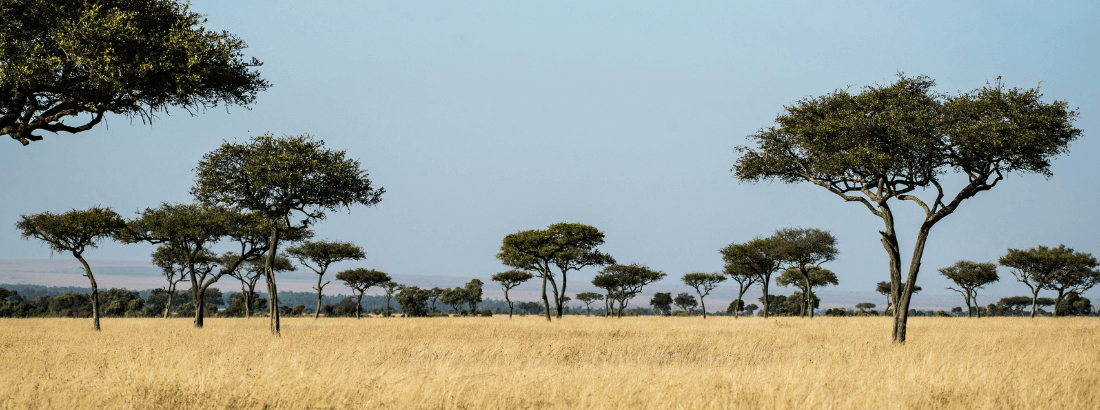Associate Professor Iben Nathan
JUCAN – Governing Nature-based Climate Solutions: Prospects for a just green transition in Kenya
This project intents to increase understanding of governance arrangements and institutional dynamics in Nature based Climate Solutions (NbS: actions that aim at benefiting climate, biodiversity, and people) in Kenya in the perspective of environmental justice.

The JUCAN project will progress in three phases:
1) First phase: JUCAN sets out to study NbS from a national perspective: what are the historical trajectories and the main national institutional frameworks for NbS in Kenya.
2) Second phase: Three sub-research teams (WP1-3) engage in qualitative in-depth studies of three selected NbS. The fourth team engage in a quantitative study across the three selected NbS.
3) Third phase: All JUCAN team do cross-case analyses.
The study is guided by four research questions relating to 1) Stakeholders’ priorities and environmental justice perceptions; 2) NbS institutional dynamics and governance arrangements; 3) Carbon, biodiversity, and socioeconomic NbS outcomes; and 4) Implications for environmental justice, including lessons learned for NbS policy and practice to ensure environmental justice in Kenya.
- RQ1. Priorities and environmental justice perceptions: How and to what extent do private, public, and civil society actors’ priorities differ and align vis-à-vis the possible trade-offs between climate, biodiversity, and community development objectives, and what is their “sense of environmental justice” in NbS?
- RQ2. Institutional dynamics and governance arrangements: How do different actors engage in, influence, and shape NbS institutions as they pursue priorities and interests, and what NbS governance practices and arrangements emerge from this at national and local levels?
- RQ3. NbS project outcomes: How do NbS governance arrangements and institutional dynamics relate to carbon, biodiversity, and socioeconomic activities and outcomes in NbS?
- RQ4. Implications: What are the implications of 1-3 for environmental justice and what are the lessons learned for policy and practice to ensure a just green transition in Kenya?
We understand a just green transition as greening societies in a way that is fair and inclusive to everyone and that leaves no one behind; governance as the exercise of authority in the pursuit of (NbS) goals and functions; and institutions as rules, norms, and values.
JUCAN is a DANIDA funded research project jointly implemented by:
University of Copenhagen (UCPH): Department of Food and Resource Economics (IFRO
Danish Institute for International Studies (DIIS)
The project teams up with Dr. Joanes Atela and the African Research Implementation Network (ARIN) who undertakes the main communication and dissemination tasks.
The Wangari Maathai Institute
- Dr. Thuita Thenya, WMI/UoN – Co-PI
- Dr. Jane Mutune, WMI/UoN
- PhD student Coletta Nabwile (WMI/UoN)
Institute for Development studies (IDS)
- Prof. Karuti Kanyinga, IDS/UoN
- Dr. Rahma Hassan, IDS/UoN – Post Doc
- PhD student Abel Kiprono IDS/UoN
Department of Geography and Environmental studies
- Dr. Martin Marani, DGES/UoN
- PhD student Abdalla Kisiwa DGES/UoN
DIIS:
IFRO Researchers
| Name | Title | |
|---|---|---|
| Iben Nathan | Associate Professor |
|
| Martin Reinhardt Nielsen | Associate Professor |
|
